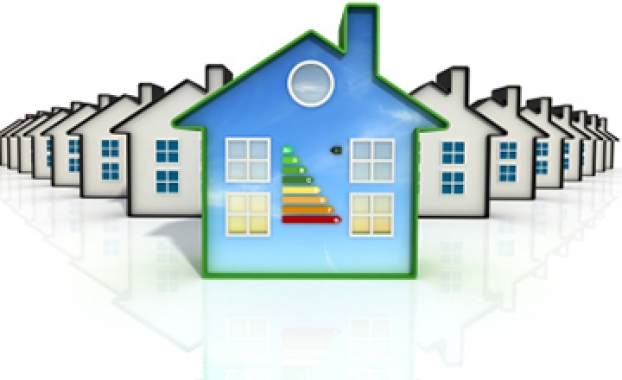Energy audits for public SMEs
How are German housing associations affected?
Brussels, 28 July 2015 | Economy, Energy
Our German member association, GdW intervenes and suggests a way to prevent a heavy burden caused by a legal loophole
In 2012 the Energy Efficiency Directive, known also under the code name EED, was published. Article 8 sets the requirement for an energy audit. In particular, according to the Directive (2012/27/EU), Member States are obliged to ensure that large enterprises which are not SMEs undergo an energy audit. However, Recommendation 2003/361/EC also contains the following passage: ‘Except in the cases set out in paragraph 2, second subparagraph, an enterprise cannot be considered an SME if 25% or more of the capital or voting rights are directly or indirectly controlled, jointly or individually, by one or more public bodies.’
This classification of ‘Non-SME’ is intended to avoid arbitrary distinctions between various public bodies. As a consequence, 700 communal and public Housing Associations will be required to undergo an energy audit, despite the fact that almost all of them fulfil the criteria set by the SME definition above regarding the size, the turnover and the balance sheet. The problem emerges due to the public participation of more than 25% in them that prevents them from being classified as SMEs.
MEP Dr. Markus Pieper (EVP/CDU, Germany) issued on May 19th a written parliamentary question to the European Commission regarding the intention of this obligation: “Was it the Commission’s intention to include in the obligation to carry out energy audits all large enterprises but not SMEs in which 25% or more of the capital or voting rights are directly or indirectly controlled, jointly or individually, by one or more public bodies?”
Read MoreCommissioner for Climate Action & Energy, Miguel Arias Cañete replied on July 22nd, stating that “The reason for the stipulation that enterprises with public ownership cannot be considered SMEs derives from the consideration that public ownership may give such enterprises certain advantages, notably financial, over others financed by private equity capital. In addition, it is often not possible to calculate the relevant staff and financial data of public bodies. Such stipulation was therefore considered appropriate also for Article 8 of the EED.”
What would this practically mean for German housing associations? Even small public enterprises that are active in the housing sector will have to pay a large amount of money to align with the energy audit requirement. In some cases the cost for the audit is equal with or even higher than the annual energy consumption costs of the respective company. For example, one small housing association with one office and one car would pay normally 2-3.000 Euros per year for energy costs, while the audit for such a company is expected to cost at least 3-4.000 Euros.
What could be done to prevent such a heavy burden? GdW suggests that the commitment to energy audits should be linked to the level of energy consumption and not on the nature of the corporate property. A second benchmark related to energy consumption could provide with a way out of the confusion. According to a European study Denmark, Italy, Malta, Bulgaria, Czech Republic and Romania have already implemented an energy consumption criterion for the energy audit. Concretely, GdW suggests that a consumption of 100 MWh shall be a reasonable benchmark that would oblige public bodies to undergo an energy audit.
Leave comments